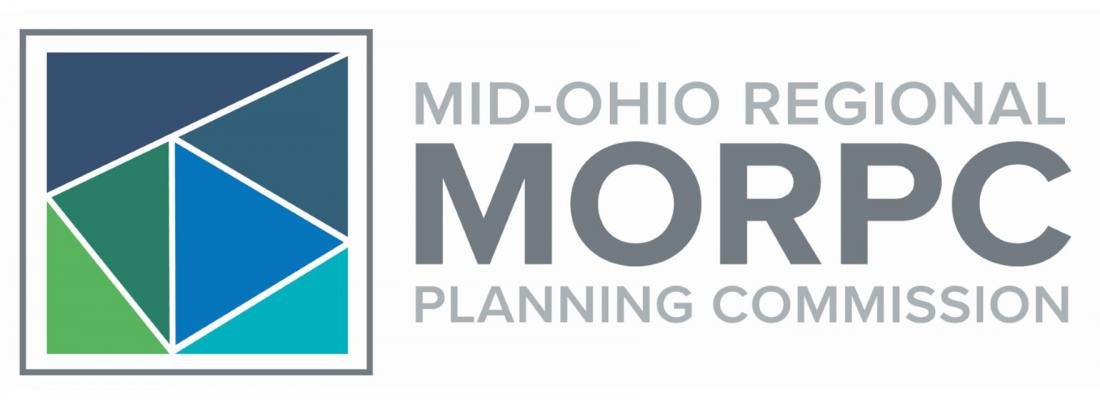
Columbus, OH
United States
Wrote briefs to understand the effects of the COVID-19 pandemic on critical issues across seven domains—from economic development to broadband access to housing—with a focus on contextualizing these domains pre-COVID, assessing long-term challenges, and fostering community dialogue.
The severity of the COVID-19 pandemic required decisionmakers to quickly address challenges that impacted their communities, often with limited contextual information and limited understanding of long-term implications. The Mid-Ohio Regional Planning Commission (MORPC) sought to help local leaders and policymakers understand the most pressing issues in Central Ohio during and after the pandemic, through the creation of a series of research briefs. In collaboration with several partners, MORPC selected seven topics on which to focus. The topics include economic and community development; employment and small businesses; housing markets; the social sector (i.e., nonprofit and philanthropic organizations); technology and broadband access; transportation; and access to critical services.
For each brief, the partner organizations and other local experts were consulted to identify three to five critical sub-issues to explore. As revealed by the qualitative data gathering, each of these areas has many interesting dimensions. For example, the key issues within the economic and community development topic included the future of office work, consumer spending and retail economy, logistics and supply chains, and workforce shortages. The briefs draw on the latest quantitative data from a range of sources, such as surveys and population-level data from the region and state level, combined with qualitative data collected through key informant interviews and focus groups with grass-tops leaders. The process of engaging partner organizations and local experts created a distributed advisor model that made the quantitative and qualitative data collection process more targeted and relevant to state community interest in the research.
Each brief provides context, including data highlighting racial and income disparities, about how these issues impacted the community before the pandemic to elevate the underlying structural factors contributing to inequities that have been exacerbated by COVID-19. The briefs featured discussions of the long-term risks posed to community prosperity if the critical issues are not addressed, providing motivation for new funding decisions and policies to address health, racial, and income disparities. Where appropriate, the briefs noted solutions and best practices that show promise for success in the long-term. However, the briefs were primarily intended to serve as data and communications resources, to spur broader discussions about the community’s long-term recovery among numerous audiences, including the media, nonprofit organizations, issue-based advocates, and community leaders.
The publication of the briefs will be followed by a coordinated website release, newspaper feature campaign, and a series of conversations with community partners and their members to draft next steps together, informed by the brief findings.
Social media handles: @MORPC (Facebook), @MORPC (Twitter), @morpc_ (Instagram)